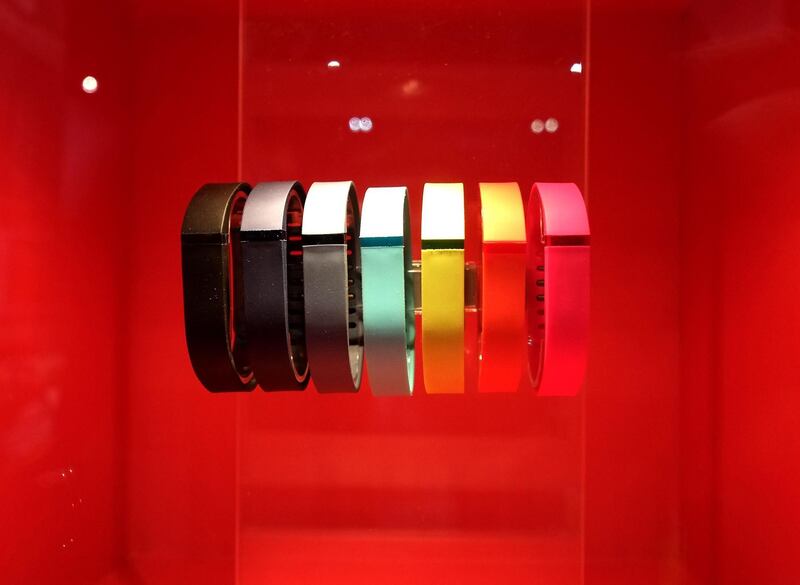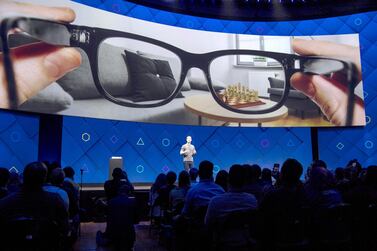Google announced on Friday that it is buying wearable company Fitbit for $2.1 billion.
In a blog post announcing the news, Google’s SVP of advices and services Rick Osterloh said that the purchase is “an opportunity to invest even more in Wear OS as well as introduce Made by Google wearable devices into the market”.
"Fitbit has been a true pioneer in the industry and has created terrific products, experiences and a vibrant community of users," said Mr Osterloh said.
"We're looking forward to working with the incredible talent at Fitbit, and bringing together the best hardware, software and AI, to build wearables to help even more people around the world."
The deal comes days after reports emerged saying Google was in talks to buy the fitness tracker company, which has 28 million users. Fitbits stock surged 16 per cent, while shares for Google owner Alphabet were up by about 0.8 per cent.
Google has been trying to break into the wearables market for years with its wear OS platform, but has struggled to make decent ground.
James Park, co-founder and CEO of Fitbit, said that Google was the “ideal partner to advance our mission”.
“With Google’s resources and global platform, Fitbit will be able to accelerate innovation in the wearables category, scale faster, and make health even more accessible to everyone. I could not be more excited for what lies ahead,” he said.
Although it has sold more than 100 million devices, Fitbit's share of the fitness tracking market has been threatened by richer companies such as Apple and Samsung Electronics as well as cheaper offerings from China's Huawei Technologies and Xiaomi.
Xiaomi dominates the global wearables market, with a 17.3 per cent market share in the second quarter of 2019, followed by Apple. Fitbit owns 10 per cent of the market, data from International Data Corp showed.
"We believe Google is a natural fit. The deep health and fitness data, coupled with the 28 million active users on the Fitbit platform, offer a tremendous value," Craig Hallum analysts wrote in a note.
Fitbit's fitness trackers monitor users' daily steps, calories burned and distance travelled. They also measure floors climbed, sleep duration and quality, and heart rate.
In August the company launched its latest smartwatch, Versa 2, adding Amazon.com’s voice assistant Alexa, online payments and music storage to the device's capabilities.
Fitbit has been offered $7.35 per share in cash, the company said, a premium of about 19 per cent to the stock's closing price on Thursday. The company's shares were trading at $7.15.
The transaction is expected to close in 2020, subject to customary closing conditions, including approval by Fitbit’s stockholders and regulatory approvals.
A separate statement by Fitbit on Friday said that even after the acquisition, the company will still take privacy for health and fitness data seriously, adding that its health and wellness data wouldn’t be used for Google ads.
It said that consumer trust is “paramount” and strong privacy and security standards were part of the company’s ethos.







